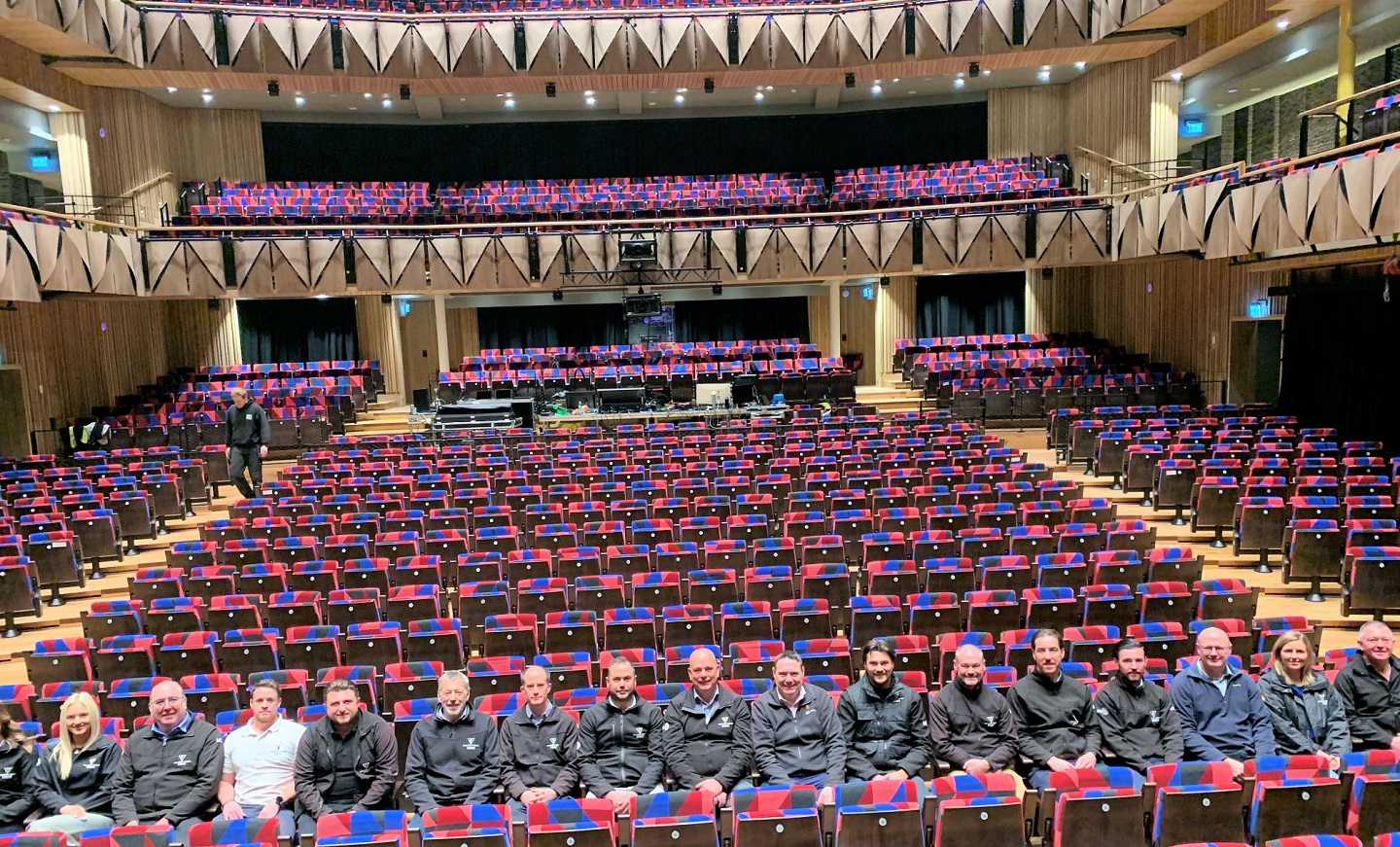
Willmott Dixon has announced the conclusion of the renovation of Bristol Beacon, a concert venue in the South West of England, UK.
The estimated value of this renovation project is £132m ($167.14m).
Construction of the arena took five years and comprised more than a million hours of labour, according to Willmott.
With the completion of this structural redesign, Bristol Beacon now has four new performance spaces, allowing it to deliver more than 800 events annually and contribute an estimated £13m to the local economy.
Bristol mayor Marvin Rees said: “The generosity of funders and donors, alongside our city’s major investment, has brought to life one of the finest music venues in Europe and an inclusive centre for community learning and education. It is thanks to the city’s significant investment that Bristol Beacon will create hundreds of jobs for residents and has the potential to generate £253.7m to Bristol’s economy.
“To those who have contributed to this project in all shapes and forms, I thank you, and look forward to the Bristol Beacon thriving for many years to come as part of Bristol’s strong and diverse cultural sector.”

US Tariffs are shifting - will you react or anticipate?
Don’t let policy changes catch you off guard. Stay proactive with real-time data and expert analysis.
By GlobalDataThe Bristol Water Sound Studios music education complex, located in the previously inaccessible cellars, will now allow 30,000 pupils per year to use new advanced practice and rehearsal areas.
The environmentally friendly design of the redesigned venue will contribute to the venue’s net-zero aim by 2030 and adapt Bristol Beacon for a lifetime of sustainable use.
Willmott Bristol Beacon team director Richard David said: “The project has required intricate planning at every stage, and we have ensured that since the start we have truly respected the heritage of the building, its conservation, restoration, and renovation, as well as understanding the building structure and fabric.
“An extraordinary amount of work and skill has been required to resolve the issues we faced; archaeological, historical, logistical, and technical.”



